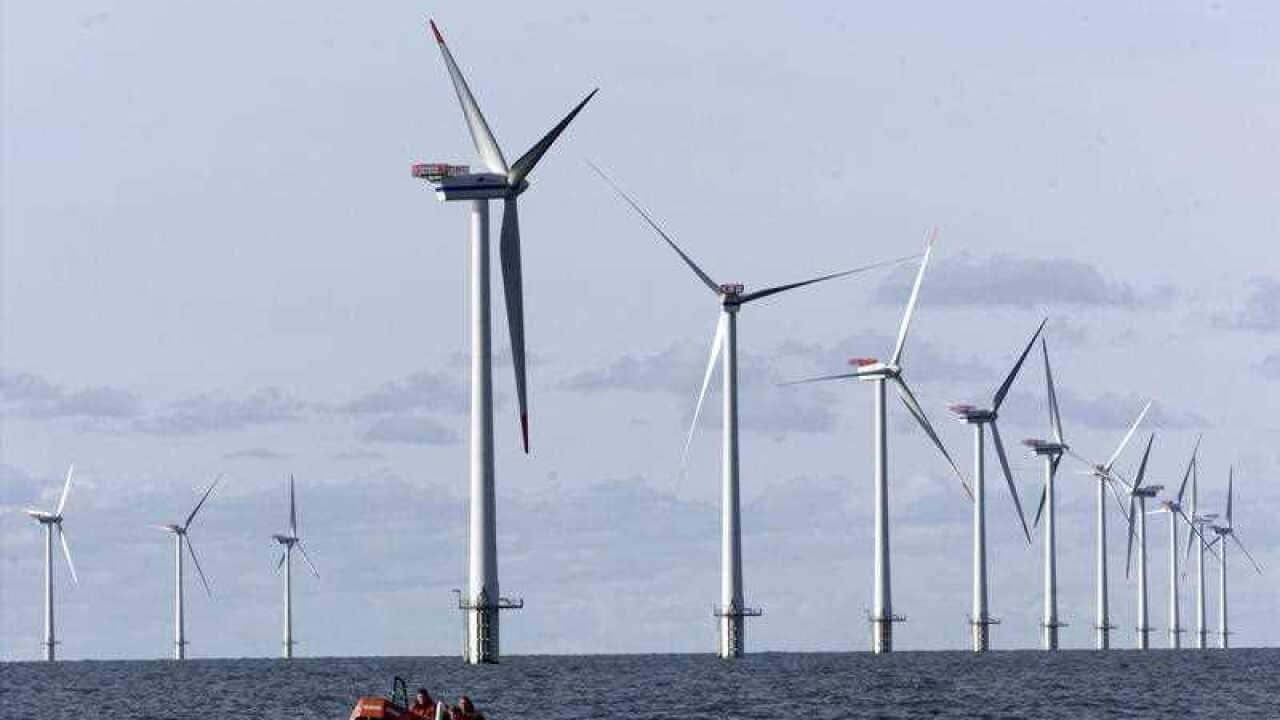Wind Resources mapping is especially important for high rise buildings. Without the local wind resources data, high rise buildings are either over re-enforced (wastage of resources) or under-enforced (high risk for building collapse), said Dr Firoz Alam. In order to understand the full potential for power generation by wind, a comprehensive wind resources mapping is required in Bangladesh. The mapping will provide information on average wind velocity, direction, wind gustiness, maximum and minimum wind velocities. Based on this data, the technical and economic potential for power generation by wind can be assessed.
In order to understand the full potential for power generation by wind, a comprehensive wind resources mapping is required in Bangladesh. The mapping will provide information on average wind velocity, direction, wind gustiness, maximum and minimum wind velocities. Based on this data, the technical and economic potential for power generation by wind can be assessed.

Source: Wikimedia/Masum-al-hasan (CC BY A SA 3.0)
"More importantly, the National Building Standards/Codes for high rise buildings and buildings in cyclone-prone areas can be developed", said Dr Alam.
"Bangladesh has over 724 kilometres of coastal belt which might have required wind energy for power generation. Additionally, Bangladesh might have potential wind resources in the interior areas (northern, central and mountainous Chittagong Hill Tract regions). As so far, no comprehensive wind resources mapping has been undertaken in Bangladesh except some selective and ad hoc attempts, it is extremely hard to say about Bangladesh’s wind power generation capacity with certainty."
"Wind resources mapping is more important in Bangladesh than mere power generation. Due to land constraint, huge population, infrastructure development, industrialisation and urbanisation, the construction of high rise buildings in Bangladesh is imperative. This clearly reflects on the current boom of high rise constructions in almost all cities and towns in Bangladesh." About the power generation issue in Bangladesh SBS Bangla spoke with Professor Firoz Alam, Program Director, Offshore Mechanical Engineering, School of Engineering (Aerospace, Mechanical and Manufacturing) at the RMIT University, Melbourne.
About the power generation issue in Bangladesh SBS Bangla spoke with Professor Firoz Alam, Program Director, Offshore Mechanical Engineering, School of Engineering (Aerospace, Mechanical and Manufacturing) at the RMIT University, Melbourne.

Professor Firoz Alam, Program Director, Offshore Mechanical Engineering, RMIT University Melbourne. Source: Supplied
Listen to Dr Firoz Alam’s full interview (in Bangla) with SBS Bangla in the audio player above.




